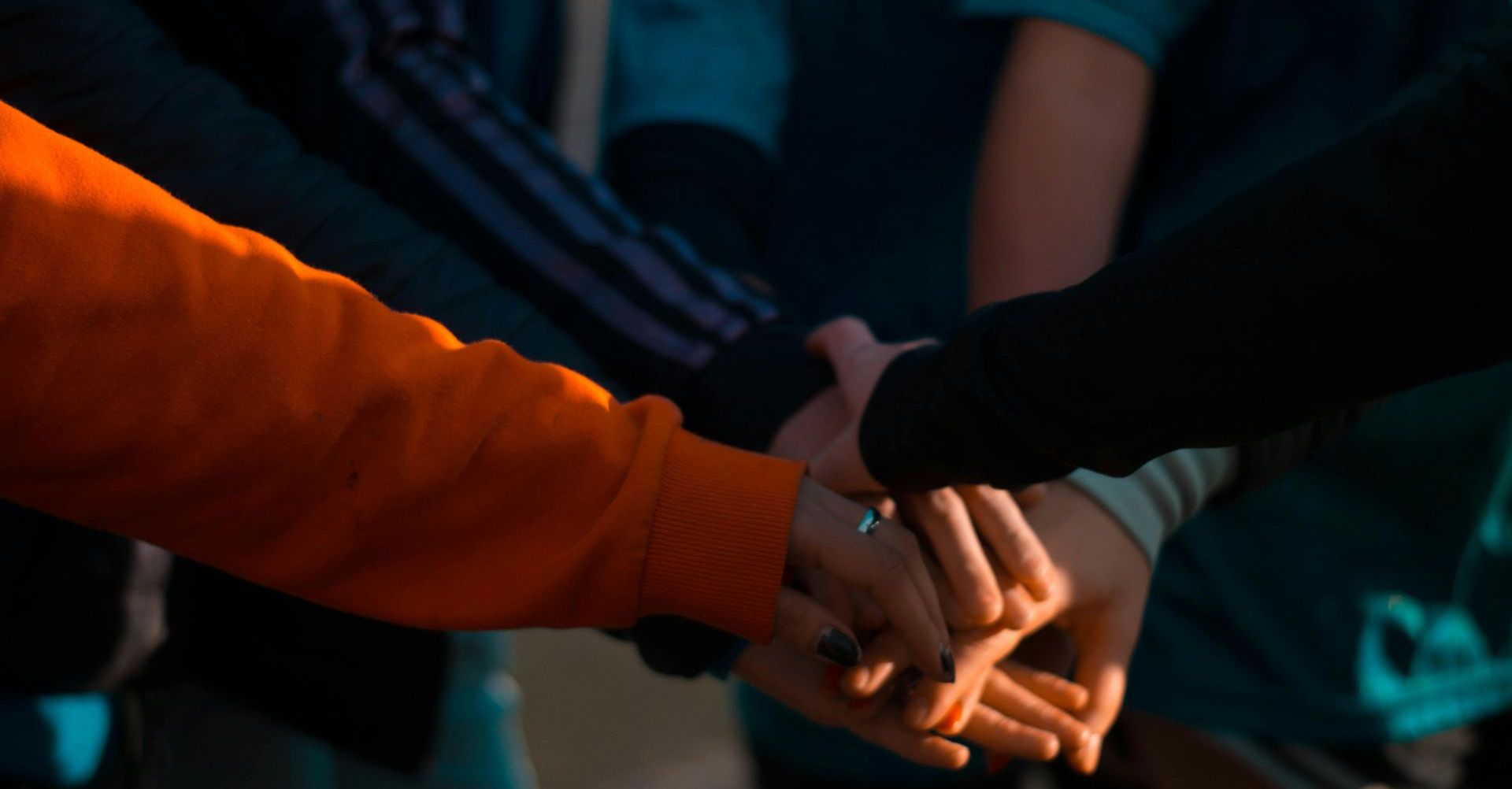Healing Through Community: Addressing Collective Trauma in the Deaf Community
SHARE

The Deaf* community, like many marginalized groups, carries the weight of collective trauma. This trauma often stems from shared experiences of marginalization, discrimination, and loss, along with unique challenges that arise from being Deaf in a predominantly hearing world. The impact of collective trauma can affect the mental health and well-being of individuals in the community, compounding existing struggles and creating barriers to healing.
In this post, we will explore the concept of collective trauma within the Deaf community, how it manifests, and the importance of community support in healing. We will also discuss how mental health providers can better serve the Deaf community by understanding the nuances of collective trauma and fostering spaces for healing and growth.
What is Collective Trauma?
Collective trauma refers to the psychological and emotional impact that a traumatic event has on a community as a whole. Unlike individual trauma, which affects a single person, collective trauma is shared by a group of people who experience a common event or set of events that leave a lasting imprint on their collective consciousness. For the Deaf community, collective trauma can arise from a variety of sources, such as historical oppression, discrimination, loss, and violence.
One of the most recent examples of collective trauma within the Deaf community is the tragic mass shooting that occurred in Lewiston, Maine. The devastating event not only affected the immediate victims and their families but also reverberated throughout the Deaf community nationwide. The loss of life, the shock of the event, and the ongoing trauma faced by survivors and their families serve as a reminder of the unique challenges that Deaf individuals face when grappling with trauma in a hearing-dominated world.
However, collective trauma in the Deaf community isn’t limited to isolated events like mass shootings. The community has long faced systemic barriers in access to healthcare, education, and employment, contributing to ongoing stress and emotional strain. For example, the lack of linguistically accessible mental health services often means that Deaf individuals must navigate their mental health struggles without appropriate support, leading to feelings of isolation and helplessness.
The Lingering Effects of Collective Trauma
The effects of collective trauma can be long-lasting and pervasive. They often manifest in a variety of ways, including chronic stress, anxiety, depression, and PTSD. These emotional and psychological responses are exacerbated when individuals feel that their pain is not understood or validated by society at large.
For many Deaf individuals, the challenge is not only the trauma itself but the lack of accessible resources to help them process and heal. Unlike their hearing peers, who can easily access trauma-informed therapy and resources in their preferred language, Deaf individuals often face additional barriers in accessing appropriate care. This information deprivation trauma can prevent them from seeking help, further deepening their sense of isolation and emotional distress.
In addition to the trauma caused by specific events, the Deaf community also carries the weight of identity-based trauma. Microaggressions, cultural dislocation, and the sense of being "othered" by mainstream society contribute to a collective sense of marginalization. These ongoing experiences can erode a person’s sense of self-worth and hinder their ability to feel truly connected to others.
The Role of Community in Healing
Healing from collective trauma requires more than individual therapy—it requires community support. The Deaf community has always been a source of strength, with its rich cultural heritage, shared experiences, and unique communication methods. This strong sense of community can serve as a protective factor against the psychological effects of trauma.
For healing to take place, it is essential that the community come together to provide emotional support, share experiences, and offer collective understanding. Whether through support groups, community gatherings, or cultural events, creating spaces where Deaf individuals can connect, process their emotions, and share their stories is a crucial aspect of healing. The power of shared experience cannot be underestimated in trauma recovery, as it helps individuals feel validated, understood, and less alone.
Peer support is also a critical component of healing. Deaf individuals who have experienced similar traumas are often best positioned to offer guidance and empathy to others in the community. By fostering an environment where people can share their stories and lean on each other for support, the community can begin to heal together.
Mental Health Providers and Collective Trauma
Mental health providers who serve the Deaf community must understand the impact of collective trauma and how it shapes the experiences of their clients. Being trauma-informed means recognizing the effects of past trauma and taking them into account when providing care. Mental health providers should also be aware of the cultural nuances and communication preferences of the Deaf community to ensure that therapy is accessible, inclusive, and effective.
Moreover, mental health providers must create safe spaces where Deaf individuals feel comfortable discussing their trauma without fear of being misunderstood or marginalized. This involves being sensitive to the unique challenges Deaf individuals face in navigating a hearing world, and recognizing the importance of using sign language interpreters, visual aids, or other accessible communication methods.
At My Deaf Therapy™, we prioritize creating these safe spaces and offering trauma-informed care that is specifically tailored to the needs of the Deaf community. By fostering a culturally competent and inclusive environment, we aim to support individuals in processing their trauma and finding healing.
Conclusion
The collective trauma experienced by the Deaf community is real, profound, and often misunderstood. To address this trauma, it is essential to recognize the unique barriers that Deaf individuals face, including language and cultural barriers, and to create accessible, culturally competent spaces for healing. By fostering community support and trauma-informed care, we can begin to heal the wounds of the past and create a brighter future for the Deaf community.
References:
- American Psychological Association. (2023). Stress in America: A Nation Recovering from Collective Trauma. Retrieved from www.apa.org
- Hall, M. (2017). Information Deprivation Trauma in the Deaf Community. Journal of Deaf Studies and Deaf Education, 22(3), 200-214.
*Together We Are Stronger. Inclusive of All.
In this article, the term "Deaf" encompasses the community’s diverse identity spectrum, including but not limited to Deaf, Hard of Hearing, deaf, Deaf+, and DeafBlind.

